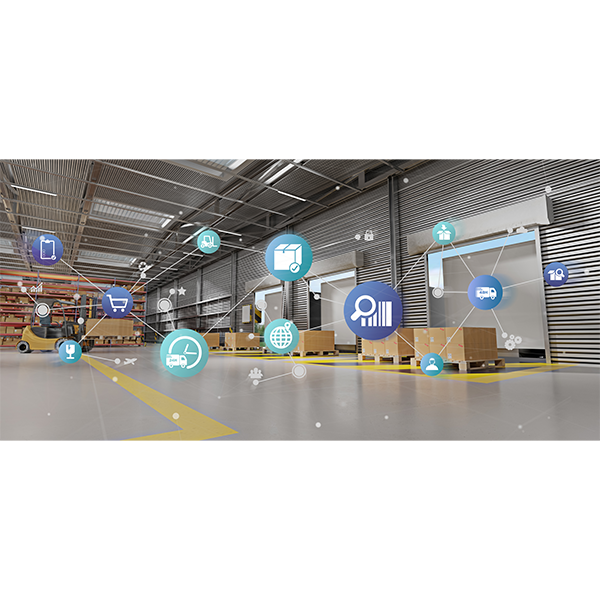Efficiency in Storage and Logistics: Handheld Terminals, Barcode Scanners, and RFID Technology
Handheld Terminals
Handheld terminals, with their portable design, are widely used in warehouses, stores, and field environments. These devices accelerate processes such as product tracking, inventory management, and stock control while reducing error rates. Their durable build ensures resistance to harsh working conditions, and user-friendly interfaces make them easy to operate.
Barcode Scanners
Barcode scanners quickly and accurately collect information by reading product barcodes. Available in handheld, fixed, and wireless models, these devices are used across various sectors such as retail, logistics, and healthcare. Barcode scanners enhance business efficiency and simplify inventory management.
Barcode Printers
Barcode printers are used to print barcode labels on products. Utilizing thermal transfer and direct thermal printing technologies, these printers produce high-quality and durable labels. Barcode printers are commonly used in stores, warehouses, and production areas to facilitate product tracking.
RFID Technology
RFID (Radio Frequency Identification) technology allows for the identification of products using radio frequencies. RFID tags enable remote tracking and monitoring of items. This technology is particularly ideal for managing large inventories and conducting rapid stock counts. RFID systems increase data collection speed and reduce manual processes.
Benefits of Handheld Terminals
Handheld terminals offer mobile data collection capabilities, speeding up business processes. Users can instantly update product information and access real-time stock data with these devices. They provide significant convenience in inventory management and enhance operational efficiency.
Types of Barcode Scanners
Barcode scanners operate using various technologies such as laser, CCD, and imaging. Laser scanners can read barcodes from long distances, CCD scanners perform fast and accurate scans at shorter distances, and imaging scanners have the capability to read 2D barcodes.
Applications of Barcode Printers
Barcode printers are used in many sectors including retail, logistics, healthcare, and manufacturing. They are indispensable for product labeling, warehouse management, and cargo tracking. Barcode printers optimize business processes through fast and accurate labeling.
The Future of RFID
RFID technology continues to advance through integration with IoT (Internet of Things). RFID systems equipped with smart tags and sensors can track the condition and location of products in real time. This revolutionizes supply chain management and makes business processes more transparent.
Integration of Technologies
When used together, handheld terminals, barcode scanners, barcode printers, and RFID systems provide businesses with a comprehensive data collection and management solution. The integration of these technologies simplifies inventory management, increases data accuracy, and accelerates business processes. As a result, businesses gain a competitive advantage and improve customer satisfaction.

